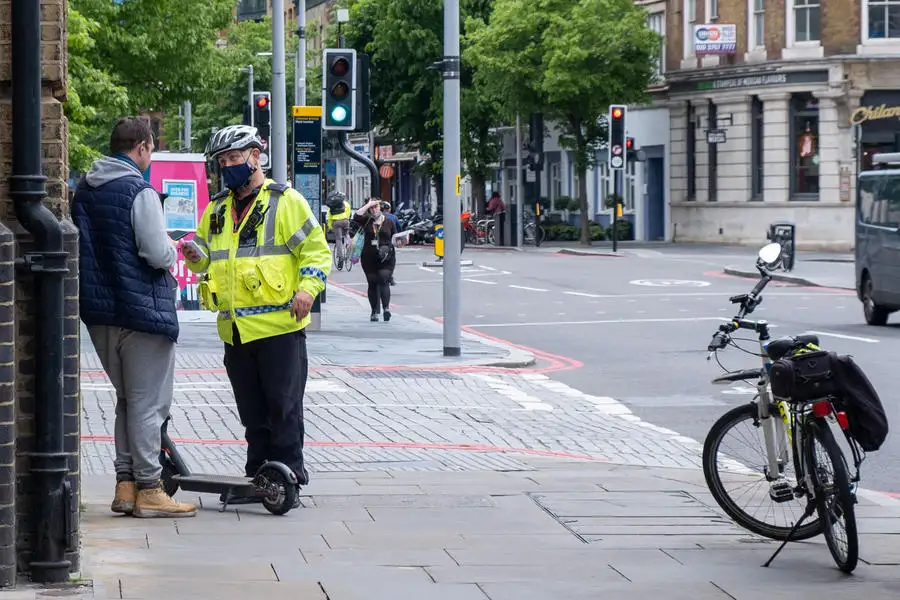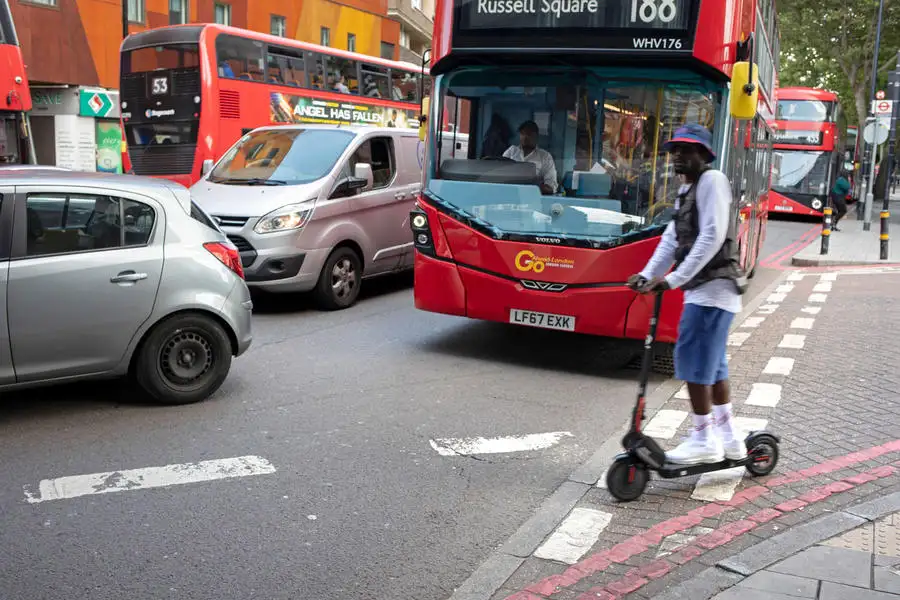There comes a time in every person’s life when, faced with an intractable quandary, the only recourse is the Ask The Internet option. How do you get red wine stains out of a white carpet? Why’s my washing machine flagging Error F06? Hang on, why isn’t the wi-fi working?
And here, trundling down the highway of technological progress, comes another toughie: should I buy an e-scooter? Most people will have an opinion – they seem to, these days – but in the interests of balance, which is quite important on a scooter, Move Electric’s Gary Parkinson has assembled the arguments both for and against in a pair of linked articles.
Thinking positive and want to read more? Here's 10 reasons you SHOULD buy an e-scooter
10 reasons you SHOULDN’T buy an e-scooter
Far be it from us to decry the advances of technology, but various reasons are put forward to avoid e-scootz, and it’s neither cynical nor Luddite to address each in turn. So let’s see.
1. They’re illegal (ish)
This is, it must be said, A Bit Of A Blow. Actually, they’re not illegal to own, and on private land (with permission), you can whiz about to your heart’s content – but public use is a very different matter. Her Majesty’s Government has classified them as 'powered transporters', thus banning them from pavements and pedestrian areas (Highway Act 1835), footpaths (Road Traffic Act 1988) and cycle lanes (RTA 1988 again).
You could technically ride them on the road, but gov.uk warns that you would then require “insurance; conformity with technical standards and standards of use; payment of vehicle tax, licensing, and registration; driver testing and licensing; and the use of relevant safety equipment,” which Whitehall gently suggests you might find “very difficult”.
For the record, mobility scooters and electric wheelchairs are exempt from these bans, which shows that governments can bend; but as of now (summer 2021), your options are not so much limited as vanishingly rare.

2. They could hurt you
While government-trial hire e-scooters are limited to 15.5mph (12.5mph in London), several models on the market can easily top 40mph or 50mph and one is said to be capable of 75mph. Clearly, this is risky, and not just because crash helmets are optional. A 2019 US study found that 45% of resultant injuries were to the head, 27% “upper extremity fractures” (ie broken arms). Coming off at any decent lick could easily make you an unwanted burden on the NHS.






Join the debate
Add your comment
Reasons to buy an e-scooter: 'they're green'
Reasons not to buy an e-scooter: 'they're not green'
Make your mind up Autocar! Stupid article.
Most of those reasons could be directed towards a car or bicycle.
One major flaw is the size of wheels. Go over a small pot hole on your bike and you feel it thru the handlebars and your deriere. And as much as we praise the handling of Ford's, hit any size pot hole and you'll feel it thru the steering wheel. Hit a small pot hole on a scooter doing 15mph and due to the size of the wheels, there's only ever going to be one result.
They're banned not only for the safety of others but for the safety of the rider. The above picture of that e-scooter on London roads next to a bus is utter madness.
Why are they even trialing these things in London and Milton Keynes? It'd appear we're more interested in hugging trees than our own safety.